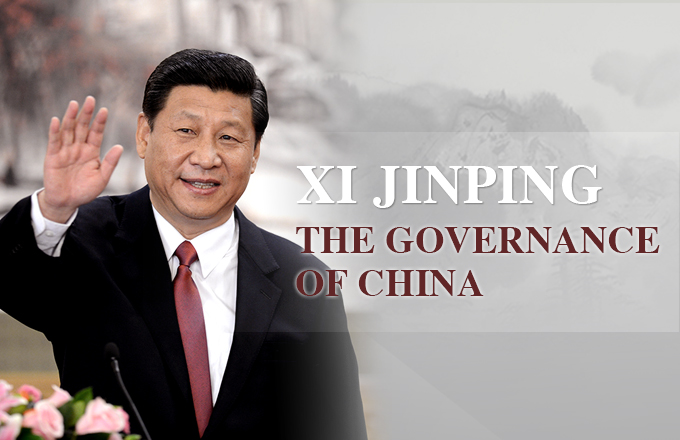Sexual revolution with Chinese characteristics
BEIJING - Although attitudes toward sex are slowly changing in China, they still remain ambiguous and the ongoing sexual revolution differs from that of the West in the 1960s, according to Richard Burger, author of "Behind the Red Door: Sex in China."
"The sexual revolution in the West was about self-expression and personal freedom. But in China, it's more restrained. It's a relaxation of sexual taboos from before," Burger said.
During the "cultural revolution" (1966-76) just over four decades ago, China was seen as "sexless," with men and women wearing gender-neutral clothing. Even holding hands in public was unimaginable. But since China's reform and opening up in 1978, the curtain has gradually been lifted.
Burger believes the sexual revolution in China is underway, but is not without its contradictions. Although the "sexless China" of the "cultural revolution" (1966-76) is long gone, practices like pre-marriage hymen restoration and "false marriages" for homosexuals are still present.
Burger traces Chinese sexual attitudes back to Confucianism, which emphasizes the importance of filial piety and of maintaining family lineage and hierarchy.
Even today, it's not uncommon to see Chinese women over 30 worry about not being married and subsequently being labeled as "leftover women," a term used to describe women who are often well-educated but remain single.
"It is tremendously important for Chinese families to see their lineage continued. I think it's foremost in every parent's mind," Burger said.
It also explains why an estimated 16 million Chinese women are married to gay men, who are under constant pressure to have their family names passed on.
Today's China has an estimated 200,000 sex shops and many large cities have blossoming gay bars. Though pornography remains illegal, sexual topics are discussed on the Internet.
But this isn't the ancient country's first sexual awakening.
The Tang Dynasty (AD 618-907) was a period of "extreme openness," according to Burger.
He noted that many Taoist manuals during that period were shockingly sexually graphic, detailing how to stimulate one's partner and avoid premature ejaculation.
For Burger, the lack of proper sex education is a serious problem in China. In 2010, a report from a working committee under the State Council said only 4.4 percent of unmarried young people have proper knowledge of sex and just 14.4 percent of them know about AIDS prevention.
"Sex education is often taught in terms of physiology or biology. There is little about sexual responsibility, contraception and women's right to refuse a sexual approach," Burger said.
But he doesn't think the sexual awakening in China will be stifled.
"Sexual contentment is seen as an important pacifier to keep society stable and harmonious," he said, evoking an oft-repeated pledge by the government to maintain social stability and harmony.



















